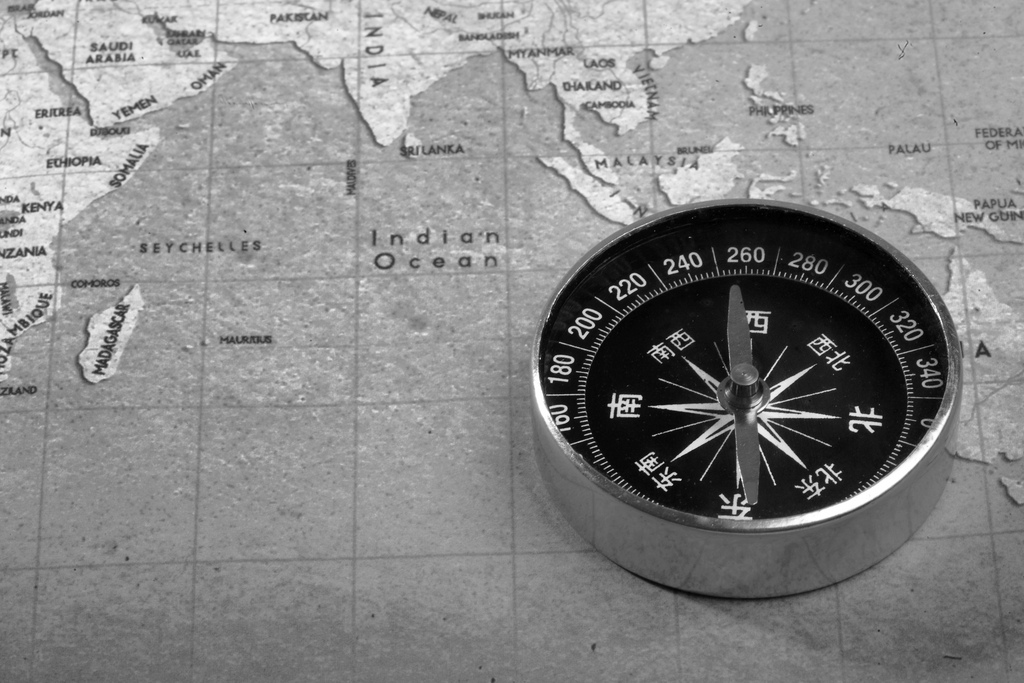As addressed in the Learning Canadian History section, the idea of looking at the accounts of only one group of people can be quite misleading because we tend to miss out on very important points of the story. I found this very true when doing my research about the Irish immigrants who came because of the Potato Famine. My first thought when looking for sources to gather research was to find as many Irish accounts of their times. However, I realized that that did not give enough depth to my understanding. When I finally found some accounts from the ship crew, and the people who already lived in British North America I learned more about the whole situation. One account I found talked about how the Irish people were foolish in thinking that they would find long term jobs in the new country right off the bat. Without this outside view, I would have been less informed on what it was like
Getting different points of view goes hand in hand with another important point. When looking into a certain point in the past we need to get as many sources as possible. This is because different sources usually focus on different specific aspects of the same event. This means that the more sources we use, the more holes in the story are filled in. For example, when I was looking into the lives of these Irish immigrants, I needed to look into sources that told me about their lives before the famine and the causes of the famine, I had to look at sources about the coffin ships, and about what their lives were like in British North America. Looking into all of these sources gave me a full and total look into the lives of the Irish immigrants.
When searching for the full story of a moment in the past, we must be conscious of many different things. When I was doing my research paper I discovered that for a full and accurate understanding of the past, we need to look into multiple sides of the same story, as well as finding many sources about the same event. This gives a perception of history that has no gaps, and tells more of the story. The more we learn, the better we “do” history.
